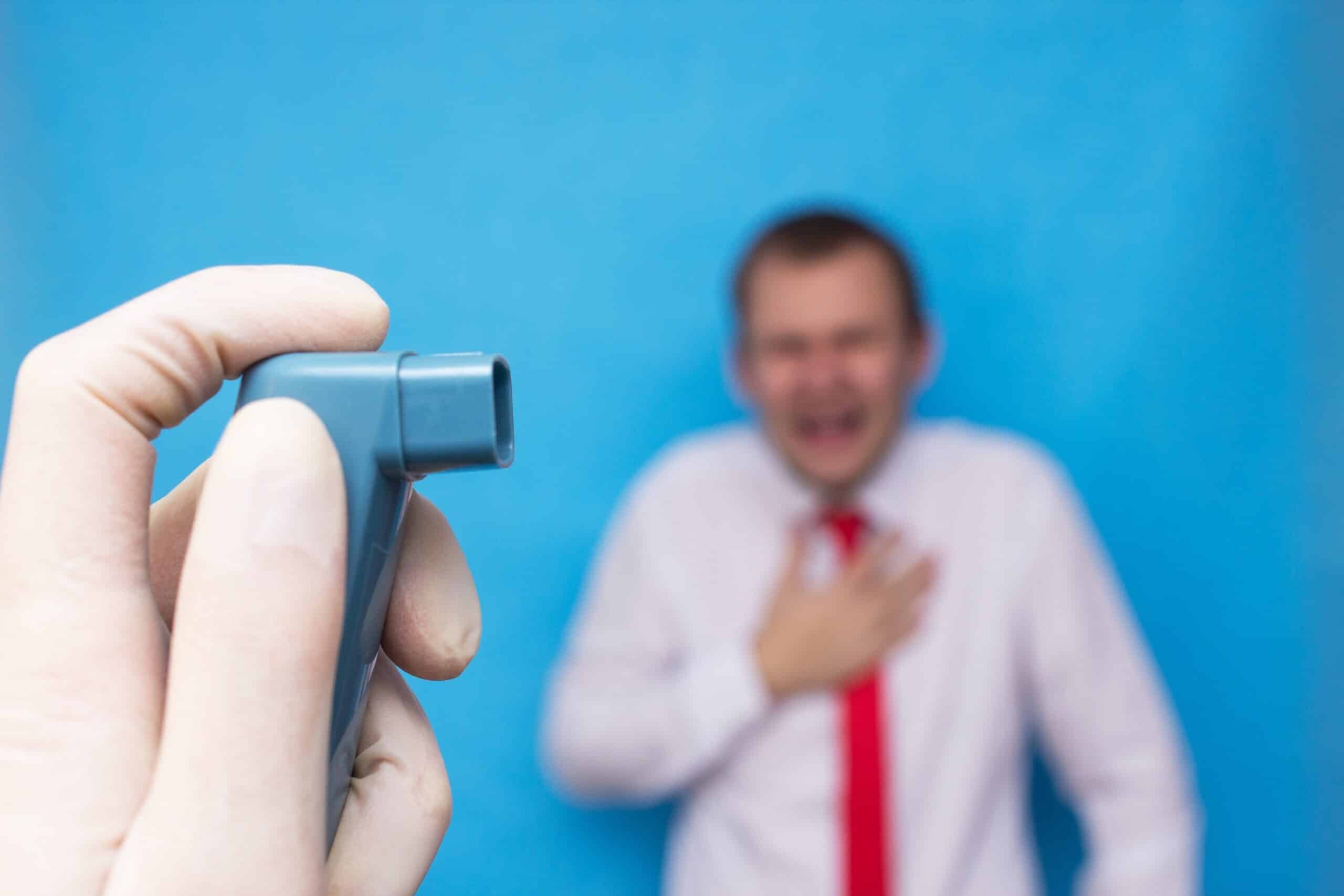Budesonide is a steroid that can be inhaled directly into the lungs using a nebulizer, and it is approved by the FDA to treat asthma. However, it is not approved for use with COVID-19. According to Bartlett he is treating patients with this steroid as soon as they start to show symptoms, and that his patients report feeling immediate relief.
“Early treatment is better with this disease,” he said. “And I’m having a 100% survival rate. I don’t even know how many I’ve treated…dozens. I have 14 that I’m treating right now.”
When asked about Bartlett’s claims the local health authorities to keep it in perspective said, “When we go look at a study,” Odessa Regional Medical Center Chief Medical Officer Rohith Saravanan said, “If they say ‘oh five cases, all solved. Magic pill. Silver bullet’, well that’s not how science works. You take thousands and thousands of patients across multiple countries, multiple sites, you blind them, you control certain people, certain treatments. And then you compare the groups. It’s not that he’s doing something wrong. He’s sharing what he found could be useful to the scientific community.”
According to Bartlett he is in the process of writing a paper to submit to medical journals. Bartlett also suggests that the National Institute of Health and other countries such as Spain and France are looking into inhaled budesonide treatments.
Budesonide helps to control and prevent the symptoms caused by asthma. It is a corticosteroid that works directly in the lungs to help make it easier to breath by decreasing inflammation, irritation and swelling of the airways when used as directed.
Side effects include dry/irritated throat, hoarseness, voice changes, bad taste in mouth, runny nose, nosebleeds, thrush, and infrequently it may cause severe sudden worsening of breathing problems/asthma immediately after use.
Although serious allergic reactions to this drug are rare, it can occasionally also cause unusual symptoms which should be reported immediately including tiredness, vision problems, easy bruising/bleeding, puffy face, unusual hair growth, mental/mood changes, muscle weakness/pain, thinning skin, slow wound healing, and increased thirst/urination.
Additionally when it comes to being used against COVID-19 one of the side effects of using budesonide that is most troubling is that this drug works by weakening the immune system, as such it could lower the ability to fight infections which could make one more likely to get a serious infection, or make any current infection worse as they are regarded as being immunosuppressive, according to WebMD. But according to Bartlett he suggests that he has found a way to avoid any secondary bacterial infections by using generic antibiotics and zinc.
That being said there are some studies that suggest that corticosteroids, including budesonide, may pose no additional risk. “At present, there is no evidence as to whether pre-morbid use or continued administration of ICS is a factor for adverse or beneficial outcomes in acute respiratory infections due to coronavirus.” Note the authors of a report in The European Respiratory Journal, who go on to add caution that, “Further data and studies are urgently needed.”
Trials investigating the protective roles of inhaled steroids for COVID-19 infections have begun, and can be viewed at https://clinicaltrials.gov/ct2/home, which includes https://clinicaltrials.gov/ct2/show/NCT04330586, and https://clinicaltrials.gov/ct2/show/NCT04331054.




